A unique ruling class
Pakistan has descended into a world of mutual recrimination
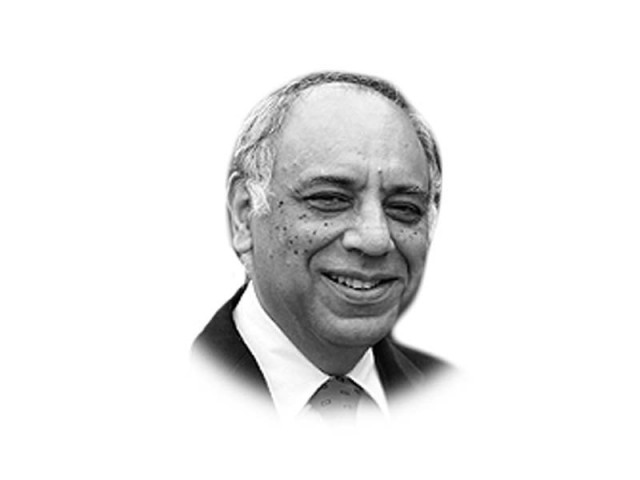
The writer is a Fellow at the Consortium for Development Policy Research in Lahore
Now the former chief executive and president has disclosed that the Saudi monarch gave him millions of American dollars to buy apartments in Dubai and London because he “was like a brother to me” and “I was the only one with whom he used to smoke.”
Why are only Pakistani leaders fortunate enough to find such generous brothers and sisters and does this phenomenon merit some serious deliberation? We know of rulers patronised for being the ‘running dogs of imperialism’ as the Chinese used to call them, but is there any other country whose leaders get tips worth millions of dollars just for being nice guys loitering around swimming pools?
Just in our neighborhood, can you imagine, say, Manmohan Singh or Vajpayee pocketing a few million to buy apartments in fancy places? If not, what does it signify about our leadership and is there cause for concern? What deserves attention is that unlike the leaders of, say, India or China or Vietnam, almost all our leaders have arranged safe havens abroad where they can recuperate when out of power or seek refuge when things get hot — apartments in Dubai, palaces in Jeddah, flats in London, estates in Surrey, villas in France, ranches in Texas and Australia, and who knows what else where. Some leaders are permanently overseas directing affairs from abroad; others move back and forth as the situation demands; some just fly in and fly out.
The reason this matters is because there can be a world of difference between the attitudes of political leaders who know they have to live among their people when out of power and those that know they can flee abroad to the protection of patrons who can engineer their return at suitable moments in the future under some kind of ‘don’t-ask-don’t-tell’ deal.
Besides, leaders anchored abroad needn’t just stop at furnishing their foreign abodes for the occasional sojourn. They can go all the way and park the bulk of their assets in safe havens while retaining just enough running expenses in local currency to suffice for the odd buying and selling that may be necessary to keep the gig afloat.
This is how one can end up with an extractive economy in which the game plan of the leaders becomes impervious to the risk of accountability or citizen pushback. Think of a country as a ship at sea with citizens as passengers and the leader as captain. The fate of ships in which the captain knows he will sink or swim with the passengers is different from that of one in which the captain believes he can bail out at the first wave of a storm. For the latter there is little need to pay attention to the welfare of citizens. Projects billed to serve people, are initiated more as a source of funds to be added to the capital abroad — think of where the proceeds of a game changer like Reko-diq went. And thus the strip-mining cycle continues before our eyes.
These extract-and-escape cycles undermine the legitimacy of the democratic process. In India, political contestation is still between political parties. Pakistan, however, is spawning groups that reject electoral politics and aim to destroy the entire rotten system associated with rapacious elites beholden to outsiders. The virulence of this rejection also removes from their consciousness any compunctions about the destructive consequences of their actions. Unlike the despised leaders, these groups consider themselves locally anchored. They can survive on a bare minimum without luxury apartments and believe everyone else should too till the transformation from which the nation would rise purer and stronger.
The contrasting imperatives, incentives and strategies of their respective rulers have led to divergent sociopolitical trajectories in Pakistan and India and thereby to the different prospects for their citizens. While democracy slowly evolves and delivers in India, Pakistan has descended into a world of mutual recrimination.
At another level, the real question is the following: Why do our leaders not comprehend there is another option when offered a gift? It is possible to say no. It really is.
Published in The Express Tribune, March 29th, 2017.
Like Opinion & Editorial on Facebook, follow @ETOpEd on Twitter to receive all updates on all our daily pieces.









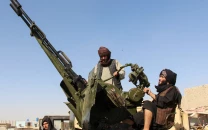
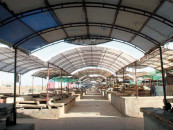
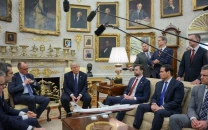
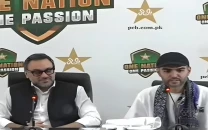


COMMENTS
Comments are moderated and generally will be posted if they are on-topic and not abusive.
For more information, please see our Comments FAQ